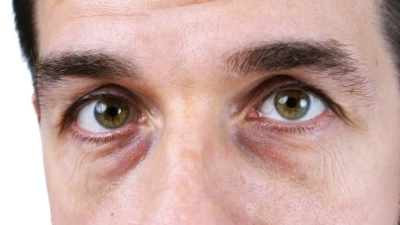While eating healthy and nutritious food is generally a positive habit that is strongly recommended for physical well-being, it can, in some cases, turn into an unhealthy obsession and a pursuit of false perfection—leading to an eating disorder known as orthorexia.
What Is Orthorexia?
Orthorexia is an eating disorder characterized by an unhealthy obsession with consuming only “healthy” foods, often under rigid dietary restrictions. Individuals with orthorexia are excessively focused on the quality of their food, paying intense attention to ingredients and nutritional content. This obsession may manifest in behaviors such as:
- Only choosing foods perceived as healthy
- Avoiding foods considered unhealthy
- Spending a significant amount of time thinking about food
- Rigidly planning meals in advance
- Closely monitoring calories or specific nutrients
Symptoms of Orthorexia
Common symptoms include:
- Excessive focus on the purity and quality of food
- Intense fear of consuming foods deemed unhealthy
- Feelings of guilt or shame after eating “unhealthy” food
- Strict restriction of food intake
- Anxiety about the health effects of certain foods
Causes of Orthorexia
While the exact cause is not fully understood, several contributing factors may increase the risk, including:
- Exposure to media messages promoting clean or healthy eating
- Co-occurring psychological conditions such as anxiety or depression
- Personality traits like narcissism or perfectionism
Harms of Orthorexia
An obsession with healthy eating can lead to serious physical and psychological issues, including:
- Weight loss
- Malnutrition
- Social isolation
- Anxiety
- Depression
- Cardiovascular problems
- Kidney issues
- Digestive disorders
Treatment for Orthorexia
There is no standardized treatment specifically for orthorexia, but psychological therapy can play a key role in helping individuals change disordered eating behaviors and improve mental health. Common approaches include:
- Cognitive Behavioral Therapy (CBT): Helps individuals identify and change unhealthy thoughts and beliefs contributing to the disorder.
- Family Therapy: Beneficial in cases where family dynamics may be reinforcing the behavior.
- Group Therapy: Allows individuals to connect with others experiencing the same condition, providing mutual support and shared strategies for recovery.
Tips for Preventing Orthorexia
To help prevent orthorexia, consider the following:
- Build a healthy relationship with food. Eating should not be a source of fear or anxiety.
- Embrace a varied diet that includes a wide range of nutritious foods. Avoid fixating on certain foods while excluding others entirely.
- Avoid extreme or restrictive diets, which may lead to nutritional deficiencies and other health problems.
- If you are concerned about your eating habits, consult a mental health professional. They can help determine whether you’re at risk of an eating disorder and provide guidance toward recovery.




